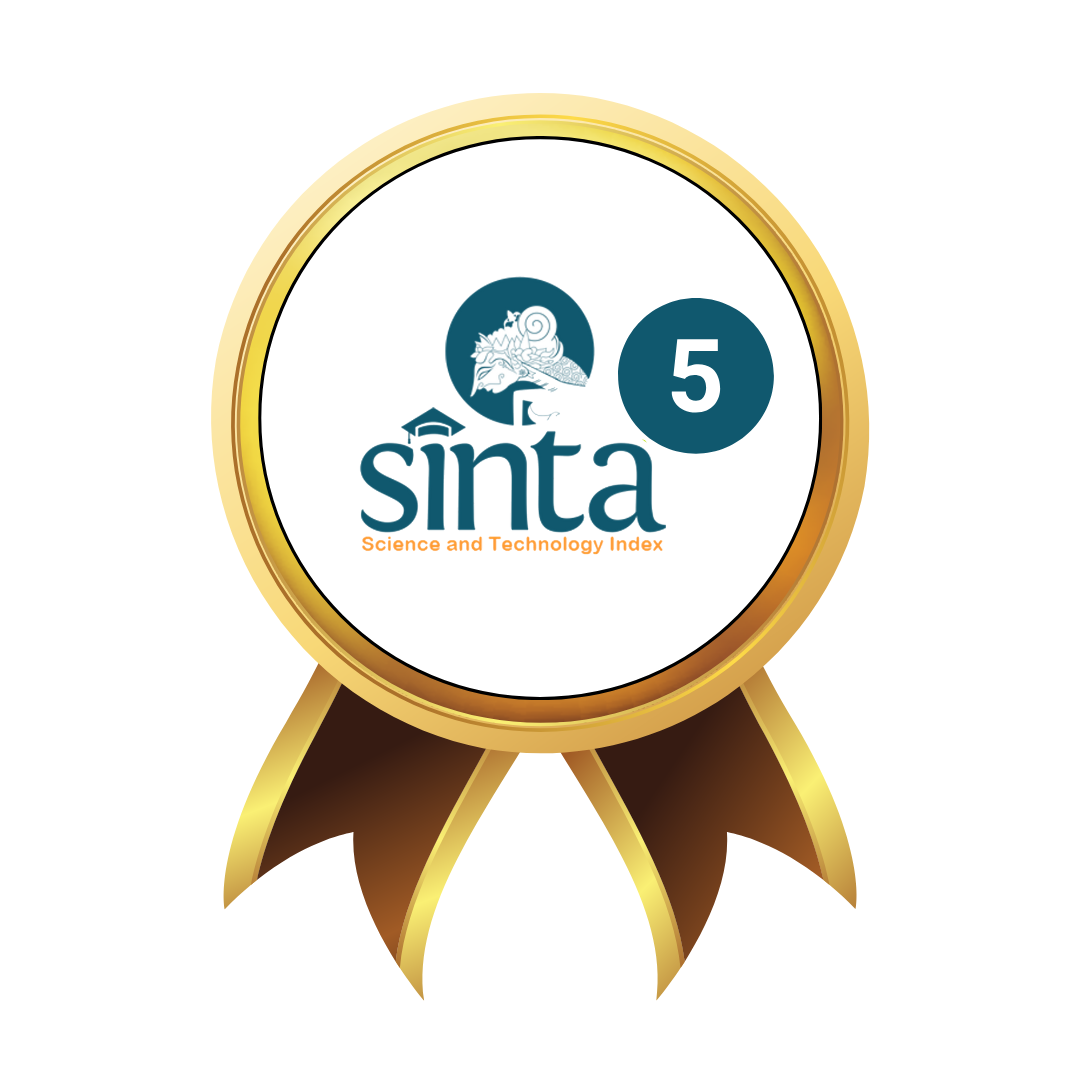Pemberdayaan Ekonomi Masyarakat Melalui Pengelolaan Bank Sampah Berkah di Sekampung Kabupaten Lampung Timur
DOI:
https://doi.org/10.25217/wisanggeni.v1i2.1874Keywords:
Community Empowerment, Waste Management, Economic Value, Blessing Waste Bank.Abstract
The increase in people's purchasing power for various types of materials, both primary, secondary and tertiary needs as an effort to meet the needs of life and technological results as well as increasing businesses or activities supporting the economic growth of an area contributes greatly to the quantity and quality of the amount of waste produced. The amount of waste produced by the community is a problem for various parties that must be found together so that the waste problem will not have a negative impact on the community itself and the impact on the environment. Therefore, one of the efforts that can be done is to manage the waste that has been produced. It is necessary to provide assistance on motivating the community to participate in protecting the environment and managing household waste that involves the community. Berkah waste bank in Sumbersari Village, Sekampung District, Lampung Regency This service uses an Asset Based Communities Development (ABCD) approach. There are several assets in Sumbersari Village and its surroundings where the Garbage Bank is located, namely: land that is still large, garbage collected by community members as well as housewives and teenagers who actively collect garbage. From this service, it was found that 1. The community is more understanding that good waste management will have an impact on the surrounding environment 2. Samapah Bank becomes a facilitator for the community in collecting waste so that it becomes useful goods. 3. The collected waste provides economic value to residents so that it motivates the community to be involved in waste management 4. Community skills in turning aqua bottles and gel drinks into tissue boxes.



